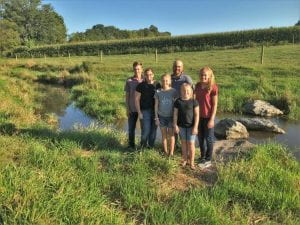NEWS RELEASE – FOR IMMEDIATE RELEASE, Feb. 10, 2020
CONTACT: Jessica Groskopf, Ag Economist, 308-632-1247
Nebraska Extension will sponsor a workshop on Whole Farm Revenue Protection (WFRP) insurance policies on Thursday (Feb. 13) at the Panhandle Research and Extension Center. The workshop will focus on how WFRP policies relate to sugarbeet producers.
The workshop will start at 9 a.m. in the Bluestem Room and will also be available as a live internet stream for those interested. Presenter will be Cory Walters, UNL Associate Professor of Ag Economics.
There is no fee, and it is expected to last about an hour. Bankers, sugarbeet producers, and insurance agents are welcome.
“There are been several questions from producers regarding WFRP policies,” said event organizer Jessica Groskopf, Ag Economist based at the Panhandle Center. “This is an opportunity for those with questions to get some clarification on how these policies work from unbiased crop insurance experts.”
Anybody who wants to stream the workshop via the internet should contact Groskopf at 308-632-1247, or email her at jgroskopf2@unl.edu to receive a link. Streaming the event will require a computer with a web browser and an internet connection with enough bandwidth to transmit streaming video.

